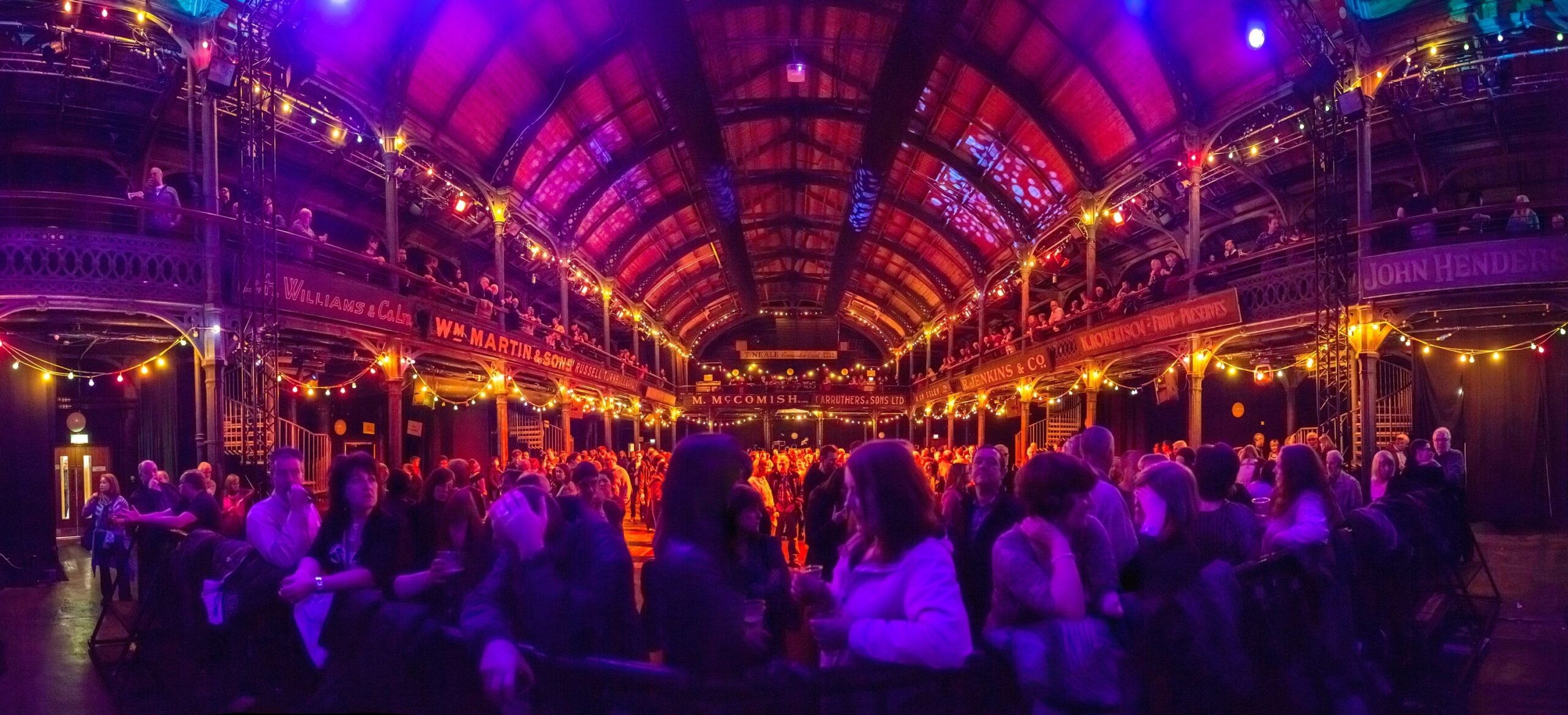
How to… programme a festival
Programming a music festival with over 300 events can’t be easy, but Donald Shaw knows exactly how it’s done. He gives us the low-down and shares his top tips for making it as a programmer.
Celtic Connections has been running now since 1994, and I’ve been lucky enough to be Artistic Director since June 2006. Over 2000 of the best known artists in traditional and roots music, world, indie, jazz, folk, soul and Americana descend on Glasgow each January, for 300 events, filling more than 20 venues, with capacities ranging from 100 to 12,000. In a nutshell, my job is to choose which artists will join us each year and help make sure everyone’s here and happy.
Lay the foundations
With larger projects it can be a rolling process, but with our festival ending around 1 February each year, once we’ve de-briefed – from March through to June – I think about ideas and put out feelers to ‘A list’ artists. From July through to October there’s a much more intense period to get the programme into shape, with everything ready to be announced and on sale from mid-October. So first thing’s first: know exactly where you’re heading with the event. Celtic Connections has a strong brand, and I would say that for a festival or event to be successful over a period of time, it needs a very strong idea of what it is trying to say musically.
You’ve got to have a strong support network backing you up. We’re a core team of four people: Jade Hewat is the Festival Manager, overseeing contracts and budgets. Lesley Shaw, no relation, deals with logistics, including flights and accommodation for visiting artists, and Alison Lewis is at the heart of our marketing.
Programming for an event that takes place in January is a positive thing in some ways, because this is a quieter time of year for artists. But on the flip side, international artists are not in touring mode and the challenge is persuading them to perform here at that time of year. Piece of advice number three: be aware of the contextual challenges facing you whilst organising the event. Are resources going to be available? Are people going to be busy doing other things?
Take the first steps
For anyone who wants to go into music programming, if you haven’t done anything like this before, I’d advise going through the process of staging a concert. No matter how small the budget you have available, hire or borrow a space, persuade an artist to play, set a ticket price, find a venue – even if it’s a friend’s sitting room – and entice an audience to come along. Just try it and see how it goes.
It’s a great lesson. We have a strong existing audience: fans of traditional and world music, and our Glasgow based audience who like turning up and trying new things, but even we have to constantly work to keep the programme fresh. There are a finite number of traditional musicians in Scotland and I am always looking for new projects and collaborations to keep Celtic Connections a must see.
Also, and this counts for people who are further on in their careers too, connect with as many people as you can to get a feel of what is and isn’t successful. Meet agents and managers and performers, people who have involved in programming for years – networking is invaluable.
And…relax
For a project that starts with one phone call, then takes months to happen, the most fun I have as a festival programmer is to stand at the back of the hall watching it happen on stage. It’s hard work, but once you get there, you realise that there’s nothing else you’d rather be doing.
Donald Shaw is Artistic Director of Celtic Connections.
www.celticconnections.com
The next Celtic Connections festival is 14-31 January 2016.
Join the Discussion
You must be logged in to post a comment.